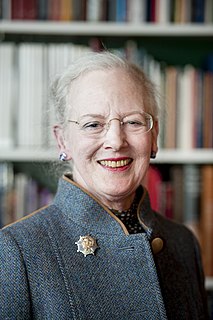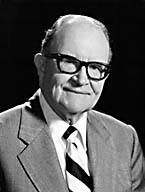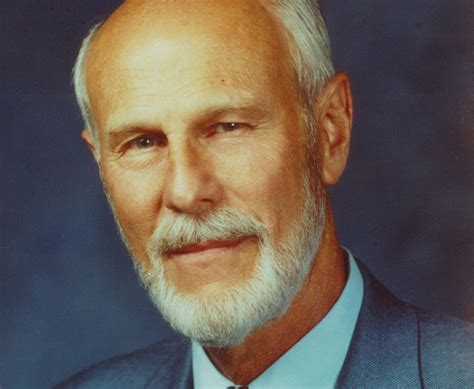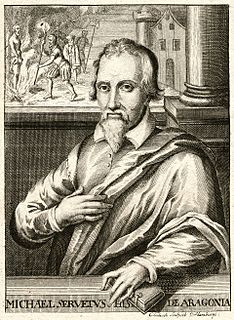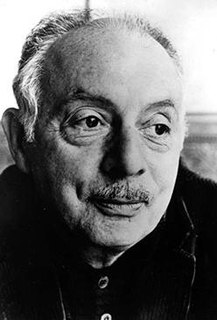A Quote by Margrethe II of Denmark
And when we are tolerant, we must know whether it is because of convenience or conviction.
Quote Topics
Related Quotes
Tolerance sounds like a virtue, and at times it may be. [But should] a parent be tolerant of behavior that is harming a child? Or the police be tolerant of criminals who prey upon others? Should doctors be tolerant of disease, or public schoolteachers tolerant of any answer on an exam, no matter how wrong?
We must waste less. We must do more for ourselves and for each other. It is either that or continue merely to think and talk about changes that we are inviting catastrophe to make. The great obstacle is simply this: the conviction that we cannot change because we are dependant on what is wrong. But that is the addict's excuse, and we know that it will not do.
The surest way to know our gold, is to look upon it and examine it in God's furnace, where he tries it that we may see what it is. If we have a mind to know whether a building stands strong or not, we must look upon it when the wind blows. If we would know whether a staff be strong, or a rotten, broken reed, we must observe it when it is leaned on and weight is borne upon it. If we would weigh ourselves justly we must weigh ourselves in God's scales that he makes use of to weigh us.
I refuse to turn to theology to justify the life or redeem it. There is a question always of the connection to the eternal. I say to myself above all, keep alive your conviction that there are sacred elements in the life in the practice of the life that must be respected. But the conviction in the existence of the sacred does not necessarily imply that you need to believe in a creator, because we are the ones that made the sacred.
Unlimited tolerance must lead to the disappearance of tolerance. If we extend unlimited tolerance even to those who are intolerant, if we are not prepared to defend a tolerant society, then the tolerant will be destroyed, and tolerance with them. We should therefore claim, in the name of tolerance, the right not to tolerate the intolerant.
